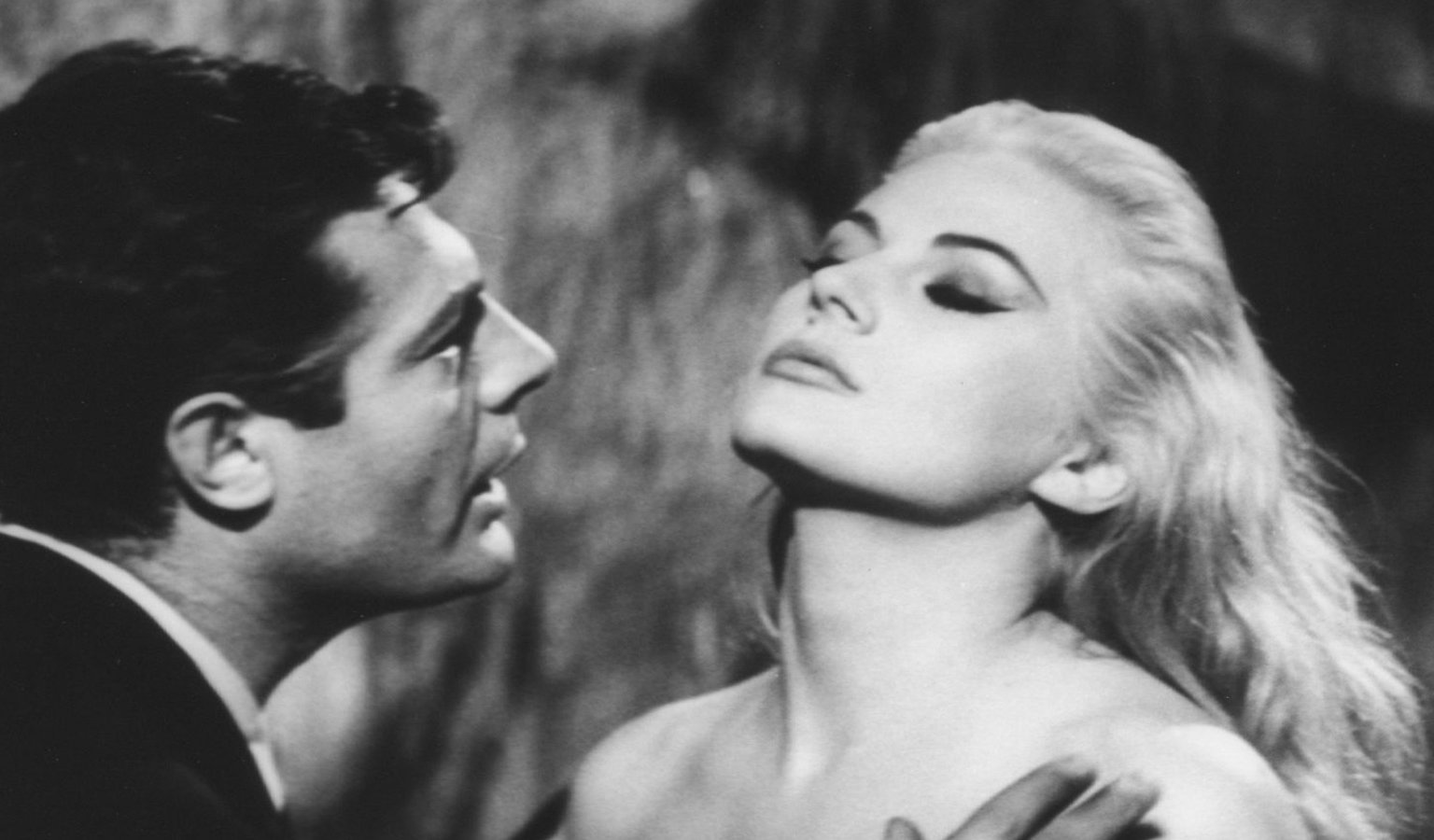
Program
La Dolce Vita (1960)
Other information
The event is about 2.5 hours long.
About the event
It’s better to be rich and beautiful. Or is it... Federico Fellini’s 1960 film La Dolce Vita asked questions which may well have been a little hard to answer for Hungarian audiences at the time. It did, however, lend the phrase ‘dolcevita’ to the Hungarian language. It was a phrase that everyone interpreted in their own way. Some people saw it as a kind of affinity with the Italian lifestyle, while others saw it as a metaphor for a frivolous but attractive life. Of course, there were also others whose hearts were touched by the images of a dissolute tableau of a seemingly sweet but essentially wasted existence. By this time, Fellini was already a well-known director – he had already completed La Strada and Nights of Cabiria. La Dolce Vita, however, barely resembled his previous works. It had a more laid back and episodic structure. Yet though the plot is loose, under the sweet, frothy surface lies anxiety, bewilderment and solitude. And confusion, borne out of a transformation taking place in Italian culture. In small flashes, it reveals how our protagonists are incapable of merging their traditions with the modern and suddenly exploding metropolitan – and consumer –lifestyle. Because in 1960, Roma is living a new golden age. The Olympic Games, as well as the first ever televised broadcast of the Olympics. Fashion and design are blossoming. As is riding round in a very cool American car... No one was thinking, however, about what the story’s characters would be like half a century on. Then Paolo Sorrentino’s The Great Beauty (2013) played with that thought. It’s worth watching both films. Maybe even one after the other.
Bridging Europe festival is the joint production of the Budapest Festival Orchestra and Müpa Budapest.